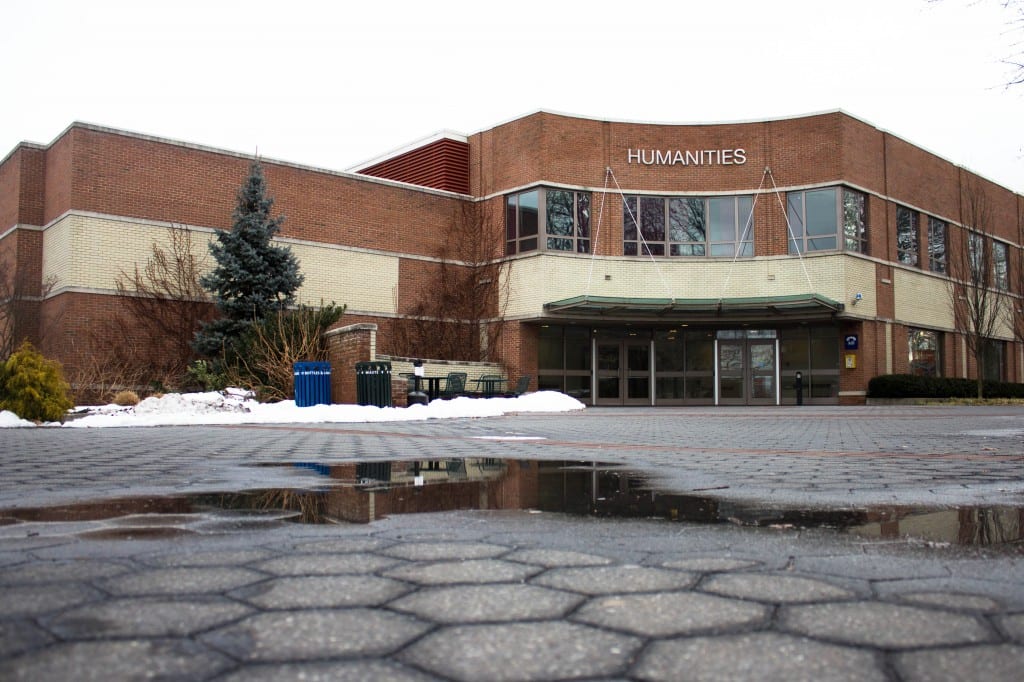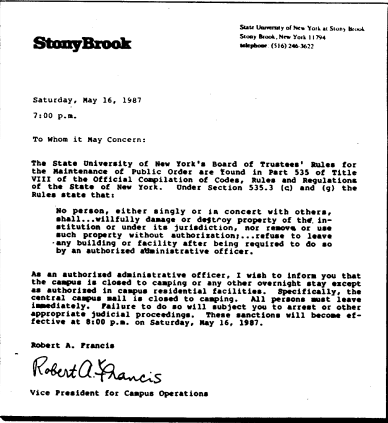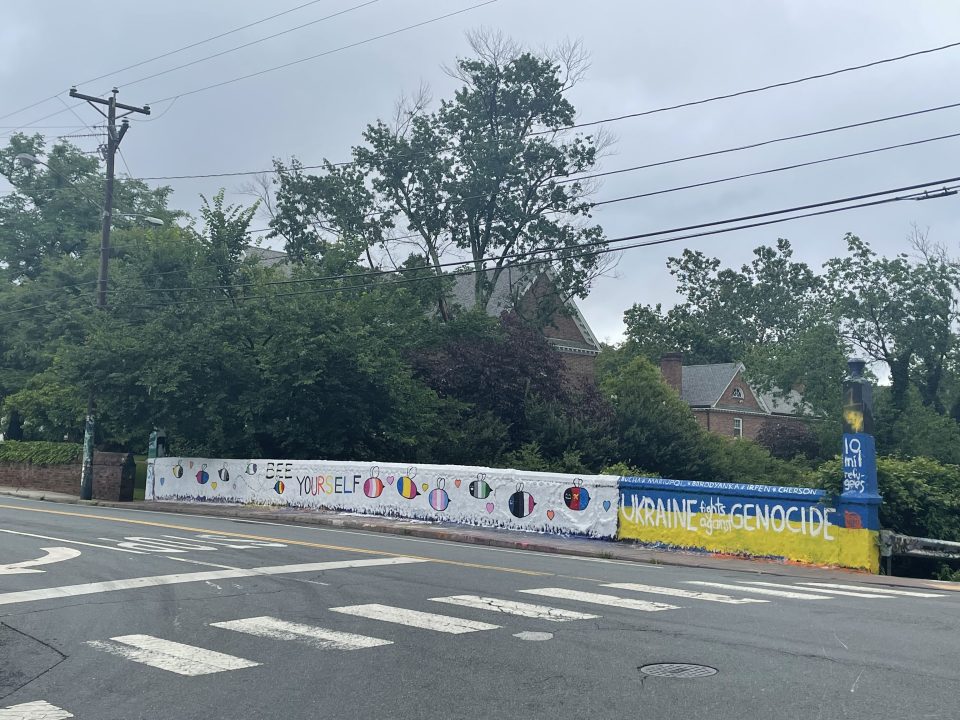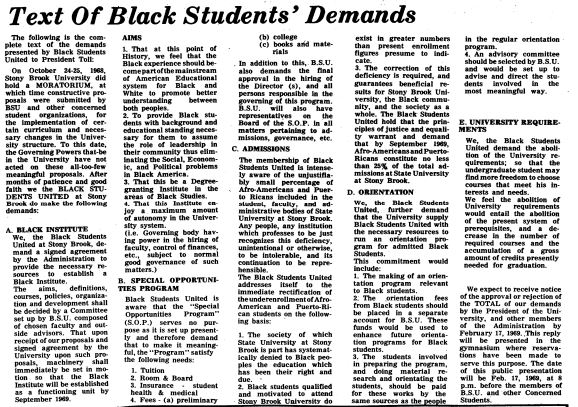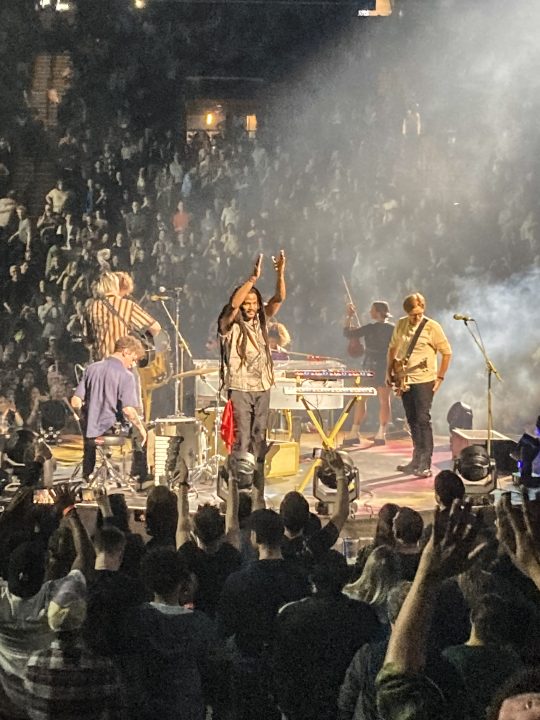
Michael Brown. Eric Garner. Ahmuad Arbery. We know these names because civilians and journalists have exercised their First Amendment right to record and report on their unjust murders. Another name to add on this list is George Floyd.
Floyd, a 46-year-old black man, died after white police officer Derek Chauvin put his knee on Floyd’s neck, choking him and ignoring his cries for help on Monday, May 25. Floyd, who did not resist arrest, was unarmed and in handcuffs.
The officer, alongside several other officers who were present at the scene of the murder, have been fired. This morning, Chauvin was arrested and charged with third-degree murder. The county attorney, Michael Freeman, promised on Thursday a thorough investigation that would “deliver justice,” but protestors were not satisfied with Freeman’s response. The rioting that began in Minneapolis on Tuesday, May 26 continued throughout the week.
News outlets have been covering the riots and protests across the country, in an effort to deliver accurate information. But one reporter faced injustice at the hands of police as well.
CNN correspondent Omar Jimenez, who is black and Latino, was reporting live at the riots that have razed areas of Minneapolis since Floyd’s murder when he was confronted by Minnesota state patrol troopers, who arrested him and his crew without an explanation. Jimenez, who was clearly displaying his CNN credentials, told the officers he would move wherever they needed him to go.
It’s important to note that another white CNN correspondent, who was a block away at the time, was not arrested.
The Minnesota state police defended the arrest on Twitter: “In the course of clearing the streets and restoring order at Lake Street and Snelling Avenue, four people were arrested by State Patrol troopers, including three members of a CNN crew. The three were released once they were confirmed to be members of the media.”
CNN claimed the statement misrepresented the situation, pointing out that the crew repeatedly identified themselves as journalists before their arrests and that Minnesota state Gov. Tim Walz intervened to ensure their release. Walz apologized to journalists at a press conference this morning, taking “full responsibility” for the incident.
It is our unique right and responsibility, as journalists and Americans, to record and speak out against injustice and oppression. But this is impossible if free speech is stifled, and reporters are arrested for doing their jobs.
Now we have to ask the most important question: What can we do as a campus community?
Stony Brook’s Undergraduate Student Government (USG) is collecting signatures from students and organizations for a drafted letter to Freeman and the U.S. District Attorney of Minnesota, Erica MacDonald. The letter asks these officials to seek justice for Floyd and expresses grief for the situation.
In addition to USG, The Stony Brook Press tweeted out a thread on ways people can help fight racial injustice, including a Change.org petition demanding consequences for the police officers implicated in Floyd’s death. As of May 29, the petition has more than 5.5 million signatures.
There are several other ways to contribute — read about racial disparities in the U.S. Sign petitions. Donate to campaigns fighting against injustice, like The Minnesota Freedom Fund and Color of Change.
Donate to Floyd’s family as they started a GoFundMe page to fund his burial, court expenses and care for his children.
The Statesman staff believes in standing up for obvious forms of injustice and being inclusive of all backgrounds.
We want to do our part by sharing more minority experiences through the form of op-eds. If you have a story to share, we invite you to reach out to [email protected].







